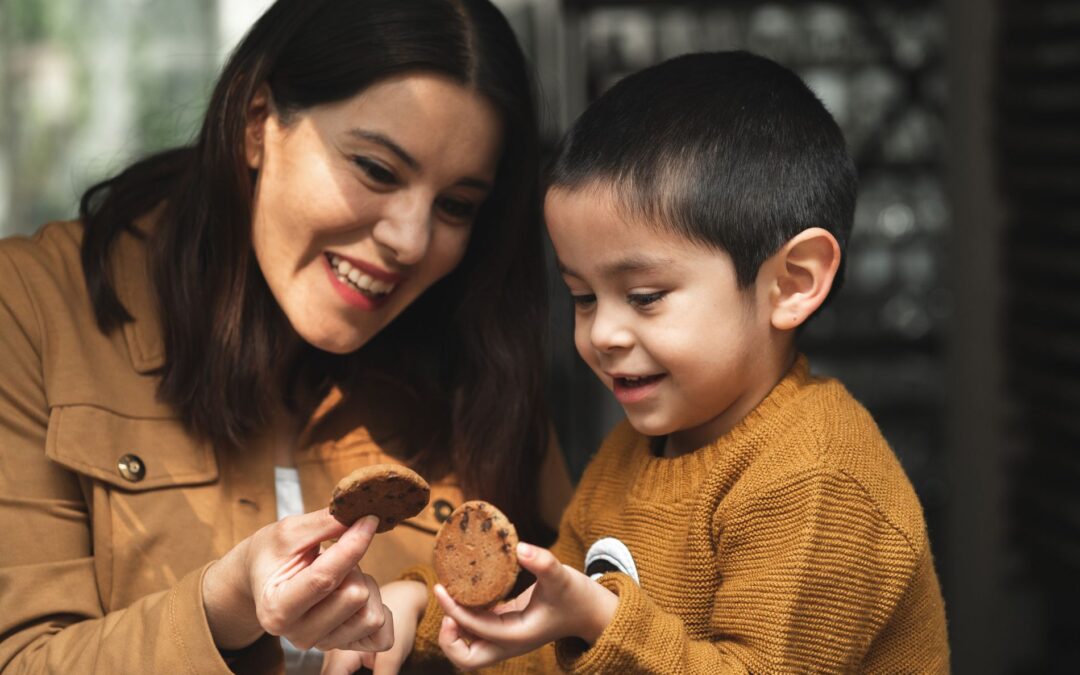Social skill development can be a particularly challenging aspect of life for children with Autism Spectrum Disorder (ASD). Various factors, such as difficulties with communication, understanding social cues, and adapting to different social settings, contribute to these challenges. As dedicated ABA consultants, we recognize the immense value of helping children with autism develop essential social skills, which contribute significantly to their overall well-being, self-esteem, and sense of belonging in the world.
Applied Behavior Analysis (ABA) therapy has proven to be an effective tool in fostering social skill development in children with autism, utilizing various evidence-based techniques and interventions to enhance communication, social understanding, and adaptive behaviors. Through ABA therapy, we can support children with autism in building the foundation for healthy and meaningful social connections, which are vital for their personal growth, happiness, and sense of belonging.
In this blog post, we will explore the importance of social skill development for children with autism and the role ABA therapy plays in shaping these skills. Additionally, we will discuss specific ABA interventions geared toward improving social skills and the benefits that may arise from successful implementation. Join us as we delve into the marvelous potential of ABA therapy in fostering social skill development and enriching the lives of children with autism.
The Importance of Social Skills in Children with Autism
Developing social skills plays a vital role in the lives of children with autism, as it affects many aspects of their overall well-being. Proficiency in social skills is necessary for various reasons, such as:
- Building Relationships: Social skills enable children to form and maintain meaningful relationships with family members, friends, and peers, fostering a sense of belonging and connectedness.
- Enhancing Communication: Effective communication is indispensable for social skill development and can contribute to more successful interactions and less frustration for both the child and others.
- Boosting Self-esteem: As children with autism learn to navigate social situations and build connections, they may experience increased feelings of self-worth, self-confidence, and self-esteem.
- Improving Quality of Life: Mastery of social skills positively impacts daily living, academic achievements, and future employment opportunities, contributing to the overall quality of life for children with autism.
ABA Interventions to Support Social Skill Development
ABA therapy provides several interventions and strategies that guided therapists in helping children with autism build their social skills. Some of these effective approaches are as follows:
- Discrete Trial Training (DTT): DTT involves breaking down more complex social skills into smaller components and teaching each component systematically. Children earn reinforcement and praise for demonstrating desired behaviors, promoting the acquisition of these vital skills.
- Pivotal Response Training (PRT): PRT targets pivotal areas of a child’s development, such as motivation, self-initiations, and responsiveness to multiple cues. By addressing these essential areas, PRT promotes broad improvements in social functioning.
- Video Modeling: This technique allows children with autism to observe and learn social skills through video demonstrations. The child can then imitate the appropriate social behaviors showcased in the video, gradually integrating them into their everyday interactions.
- Social Skills Groups: Group settings provide opportunities for children with autism to practice their newfound social skills with peers, fostering an environment that encourages social interaction, collaboration, and friendship building.
Maximizing the Benefits of ABA Therapy for Social Skill Development
To maximize the benefits of ABA therapy for social skill development in children with autism, the following strategies should be employed:
- Individualized Treatment Plans: Tailor therapy plans to meet each child’s unique needs and goals, taking into account individual strengths, challenges, and preferences.
- Family Involvement: Encourage active family involvement in the therapy process, providing guidance and support as needed. This involvement ensures consistency in skill practice and reinforcement across different environments.
- Monitor Progress and Adapt: Regularly evaluate the child’s progress and adjust the therapy plan as needed to address any new challenges, barriers, or opportunities for growth.
- Focus on Generalization: Introduce and reinforce social skills across multiple settings and contexts, ensuring that children can apply what they have learned in various situations.
The Positive Impact of Social Skill Development on Life Outcomes
The development of social skills in children with autism is a powerful factor in shaping their long-term life outcomes. As children develop and hone their social skills, they are better equipped to form meaningful relationships, communicate effectively, excel academically, and ultimately secure their place in the world. Through targeted ABA interventions, children with autism can experience enormous growth in their social skills, fostering a more fulfilling and purposeful life trajectory.
Conclusion
Fostering social skill development in children with autism is essential for numerous reasons, ranging from improving communication and self-esteem to enhancing overall well-being and life outcomes. Through evidence-based ABA interventions, we can effectively support children with autism in their quest to build and refine their social skills, thereby impacting their lives in profound and lasting ways.
At Strive ABA Consultants, we are dedicated to transforming the lives of children with autism and other developmental disabilities through comprehensive, evidence-based treatment approaches. If you are seeking guidance and support for your child’s social skill development journey, we invite you to reach out and explore how our committed team of experts can help unlock your child’s full potential with expert ABA therapy.


